Herping Snake Road (and the surrounding area) October 1-8, 2022.
Herp habitat in St. Louis County, Missouri.
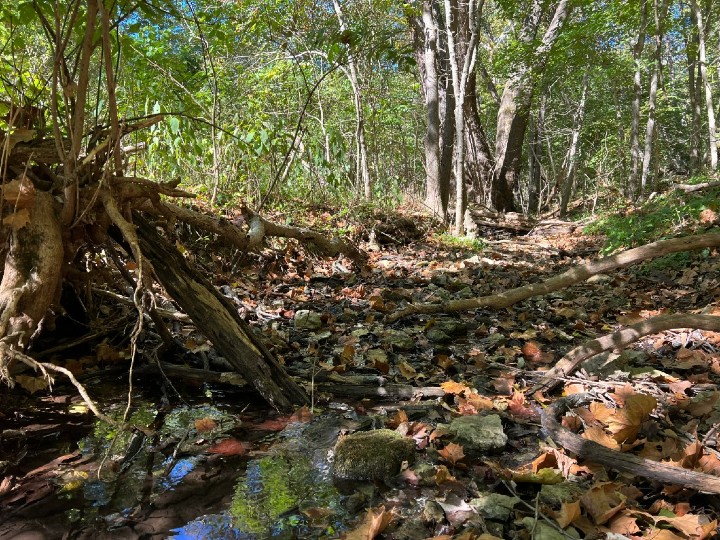
Although the Cave Salamander usually occurs in caves, this species also can live in wooded areas, along rocky streams and springs, under rocks on glades during the spring and even in wells and swamps.
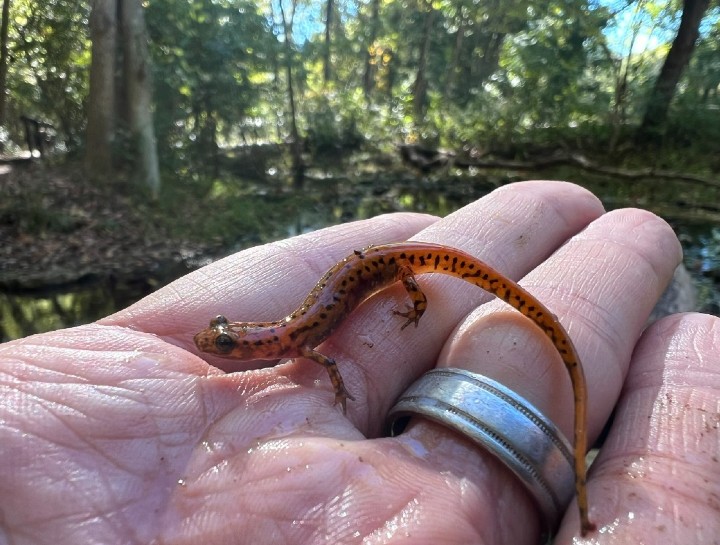
A dark colored Green Frog. This species is very adaptable and found in a variety of habitats.
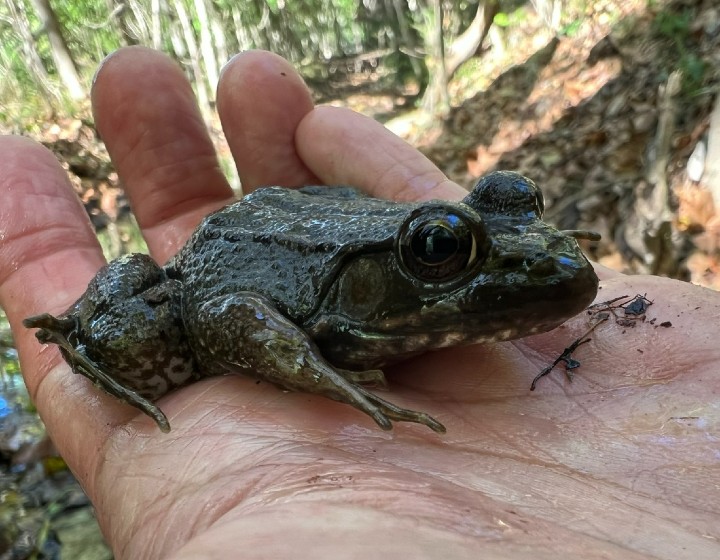
The Midland Water Snake is very similar to the Northern Water Snake that lives in my home state of Ohio, but it retains its pattern into adulthood, while the Northerns tend to turn a solid dark gray.
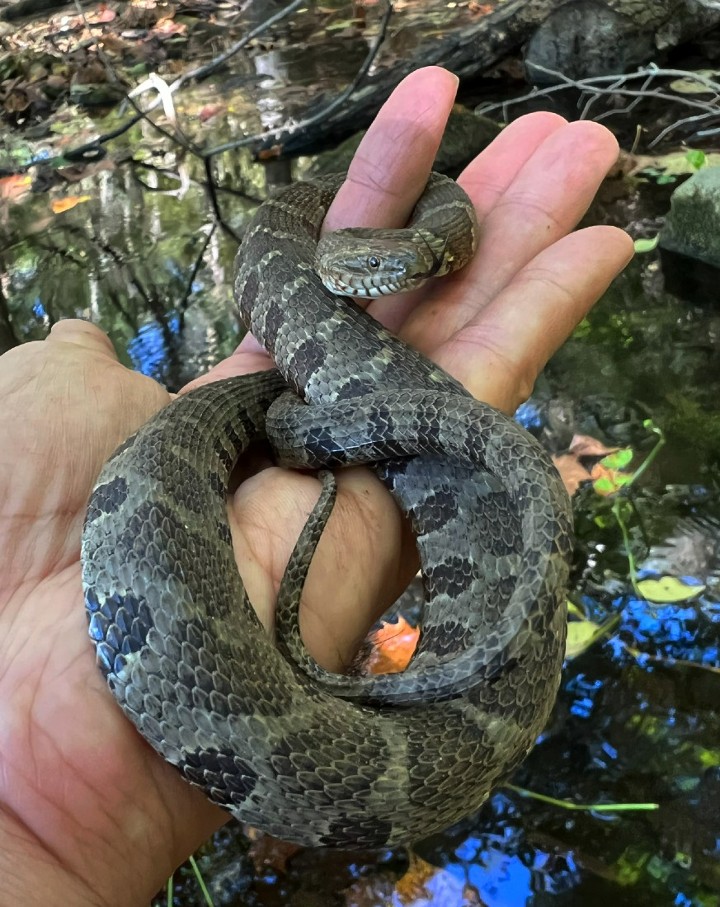
Western Slimy Salamander - this amphibian might be better named if it were called the “Sticky Salamander,” because it secretes a glue-like substance from its skin when threatened.
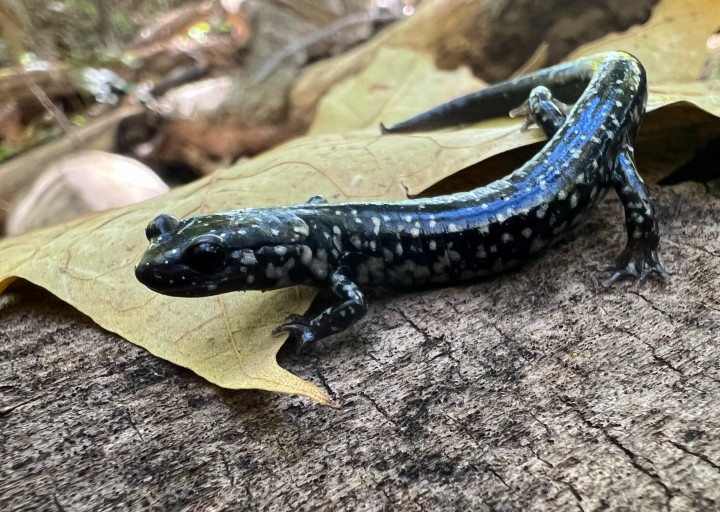
A baby Midland Water Snake - this snake can be found in and around lakes, ponds, creeks, rivers, and even in drainage ditches. It prefers areas with wood debris, rocks or other hiding spots.
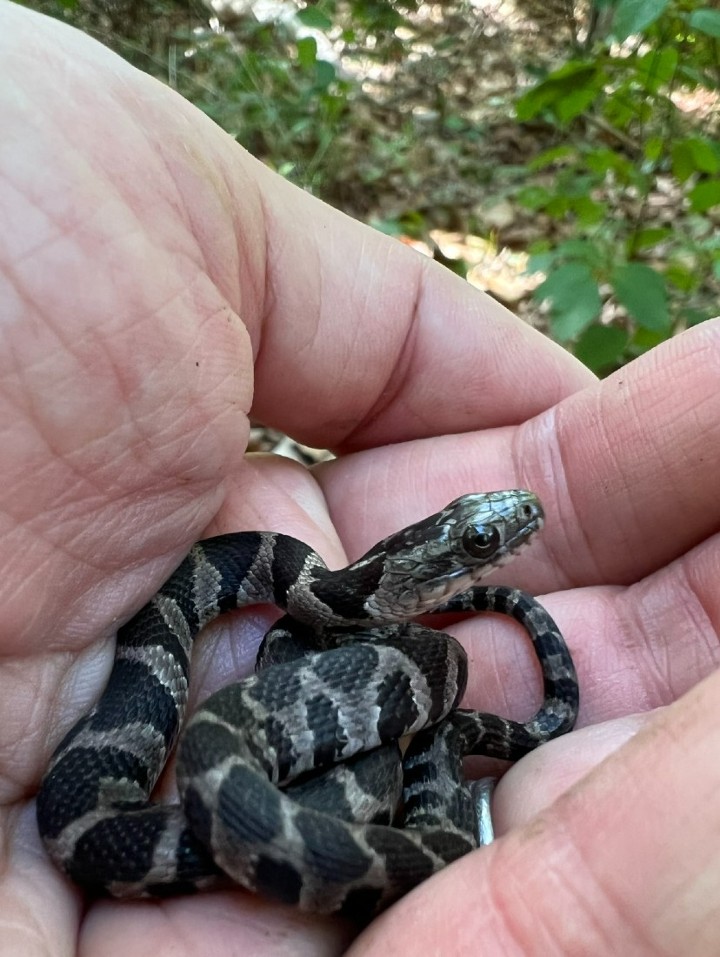
Herp habitat in Jefferson County, Missouri.
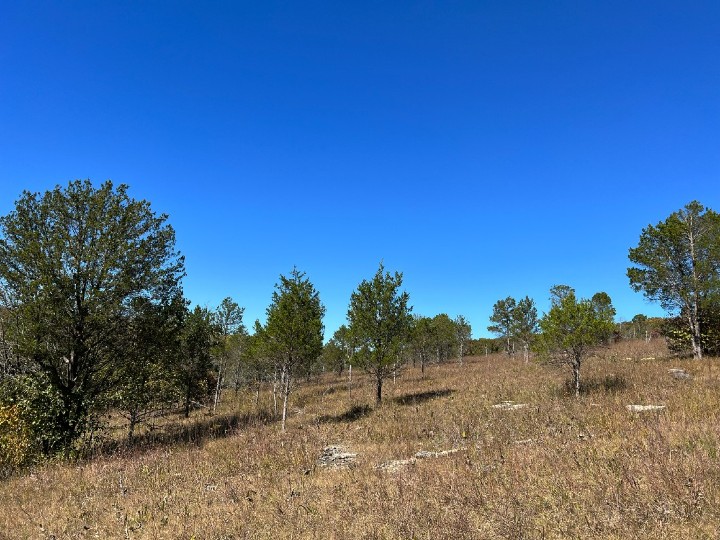
A "lifer" Prairie Ringneck Snake, as the name implies, this small snake has a bright pattern around its neck.
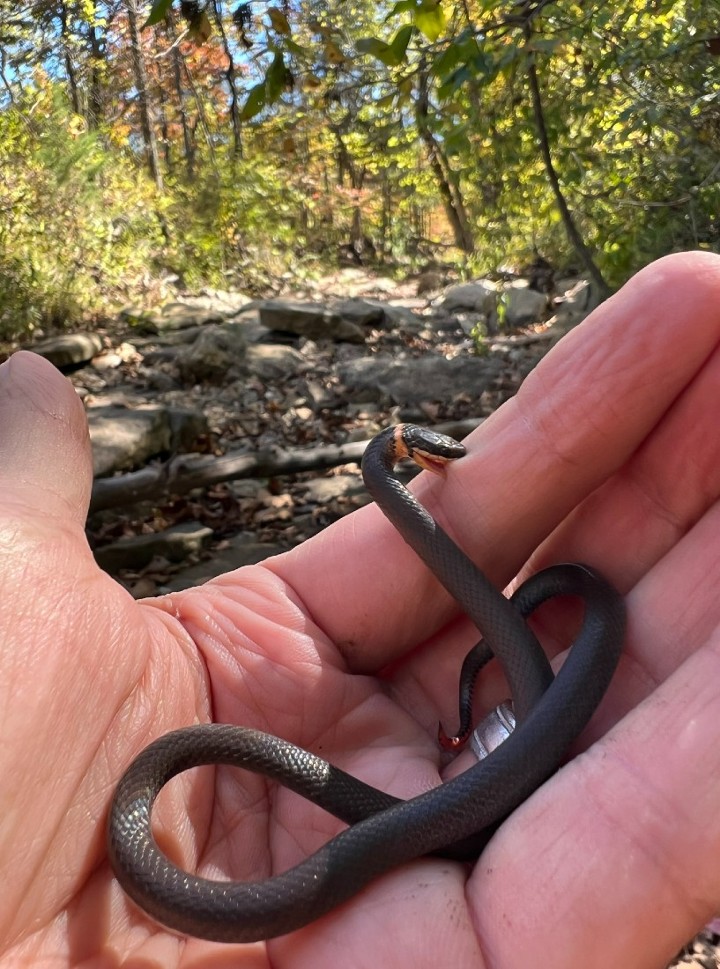
Wolf Spiders were a common sight, this is a Speckled Wolf Spider.
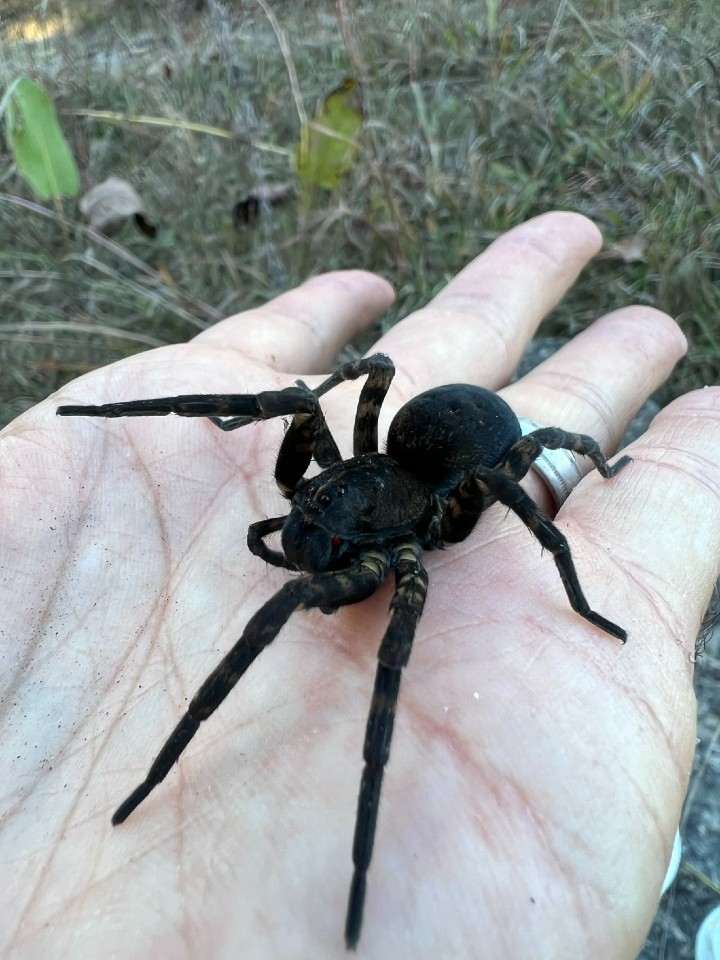
Prairie Lizards are extremely fast. When startled, they will often seek refuge in nearby vegetation or burrows. They also commonly escape capture by running up trees.
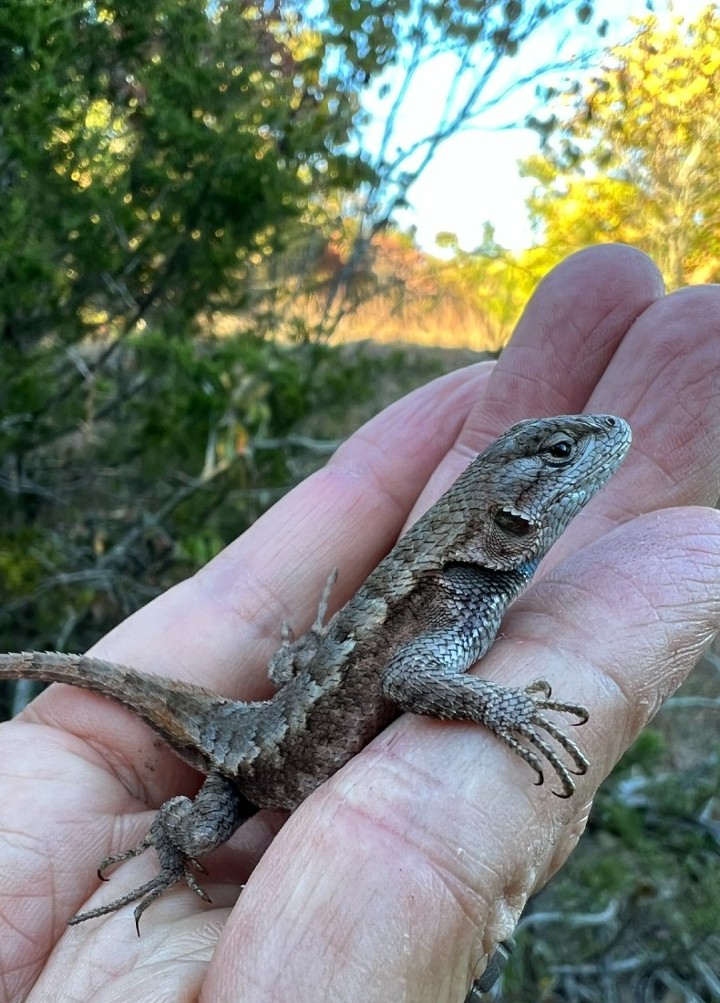
A young Red Milk Snake.
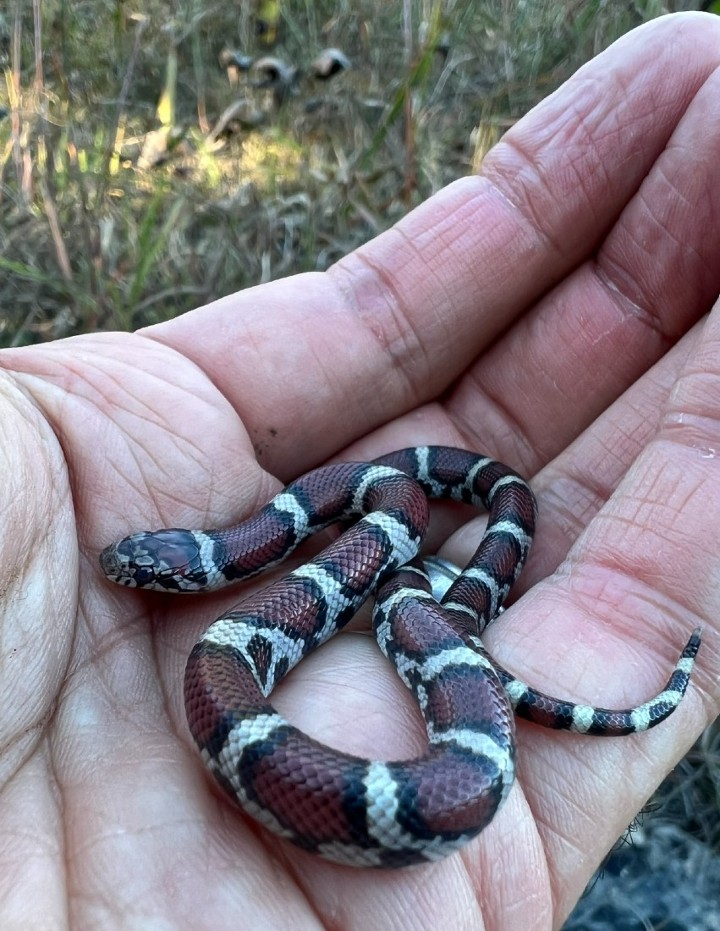
What’s the fastest lizard in the land? Some would say that it’s this one, the Six-lined Racerunner, which has been clocked at sprinting 18 miles per hour.
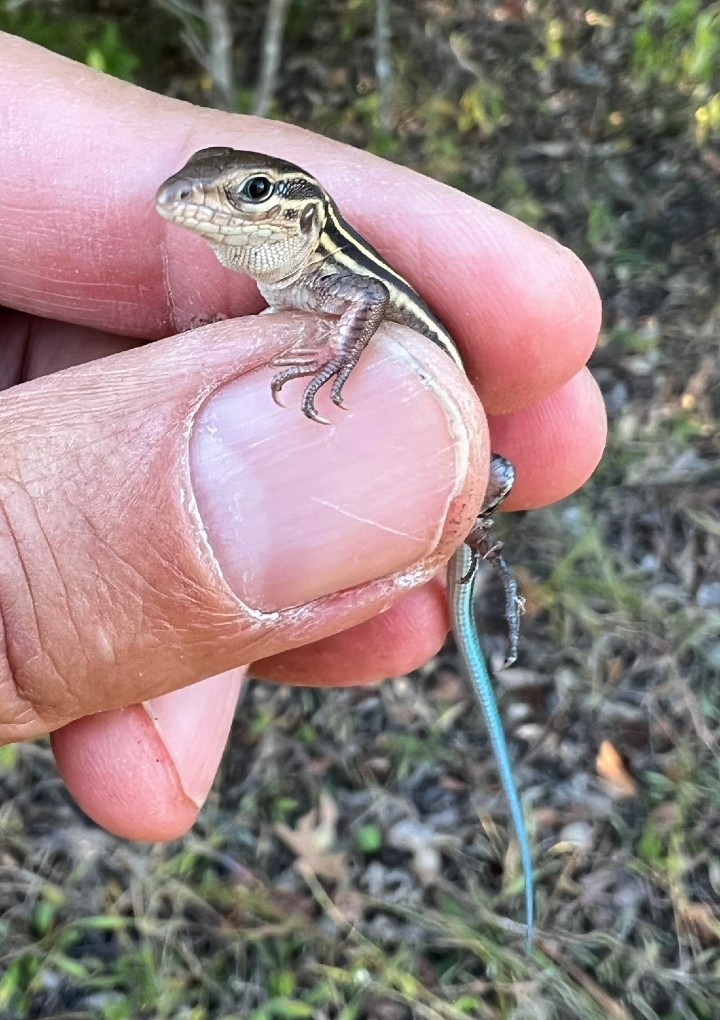
My "lifer" Eastern Yellowbelly Racer - this too is a reptile speedster.
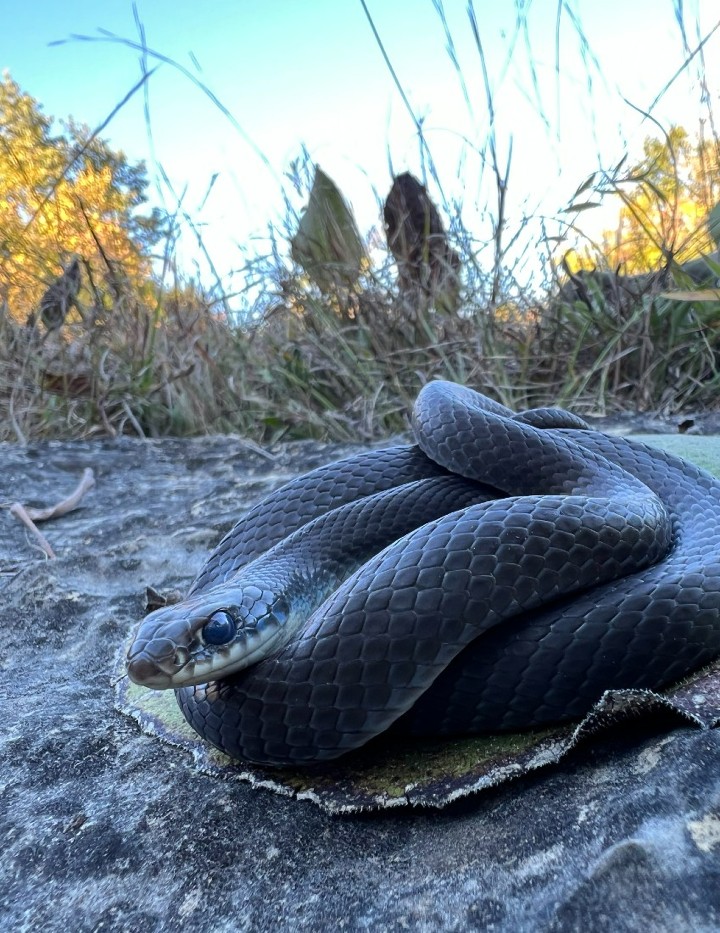
I also got a "lifer" lizard on the trip, this Southern Coal Skink.
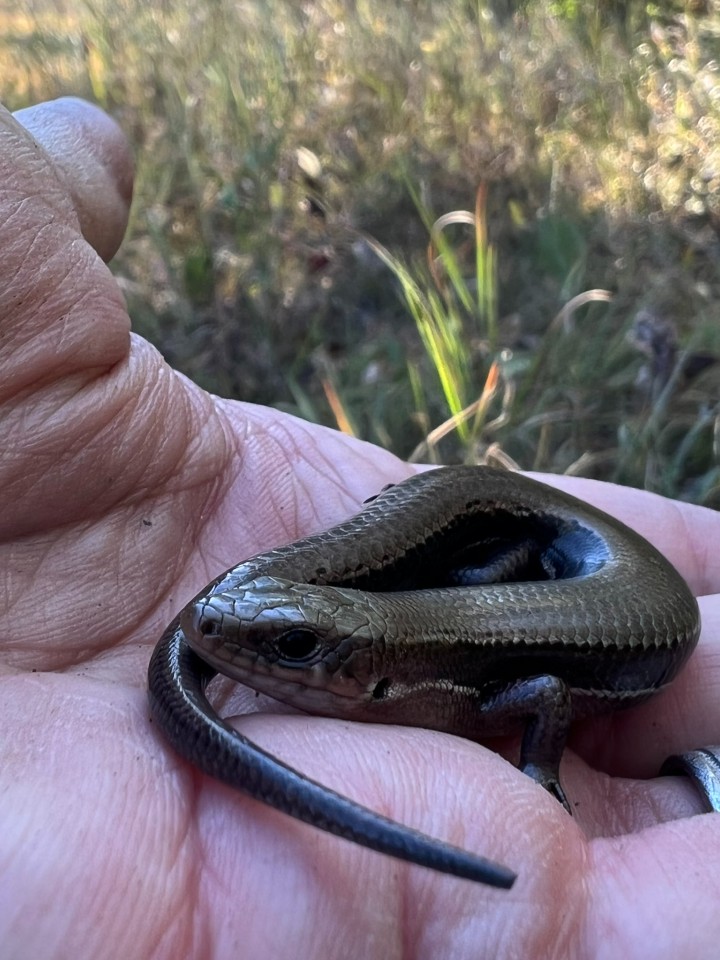
Herp habitat in Johnson County, Illinois.
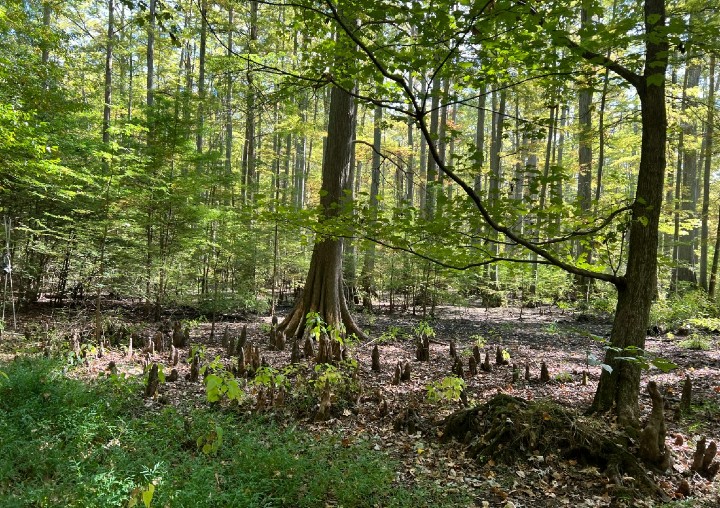
Adult Mole Salamanders are nocturnal and burrow during the day; their common name comes from their underground lifestyle.
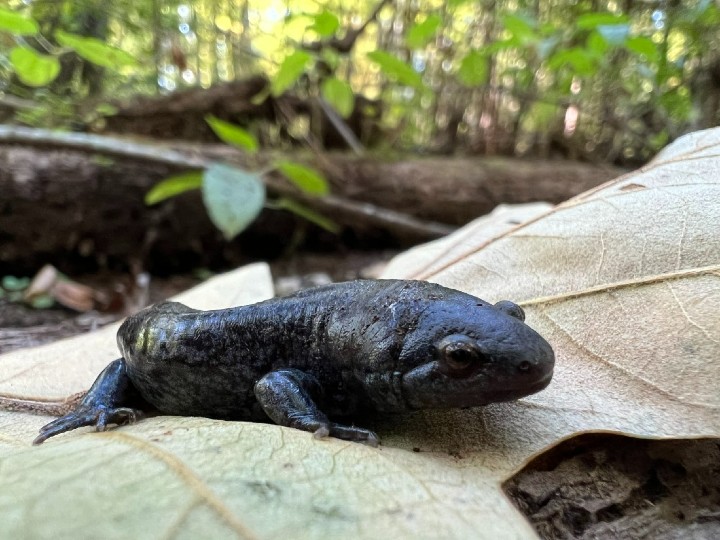
American Giant Millipede - most millipedes feed on decomposing vegetation or organic matter mixed with soil. Millipedes are very important, because they help put nutrients back in the soil for plants and other organisms to use.

Marbled Salamanders are part of a group known as “mole salamanders,” and spend most of their life under logs or in burrows.
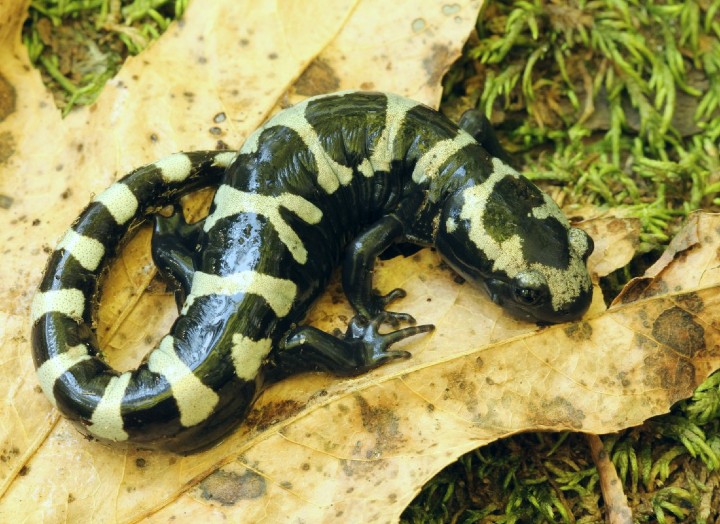
Southern Leopard Frog - this is one of the most conspicuous herps that I see on my visits to southern Illinois. At night they are often out and about and seen crossing roads.
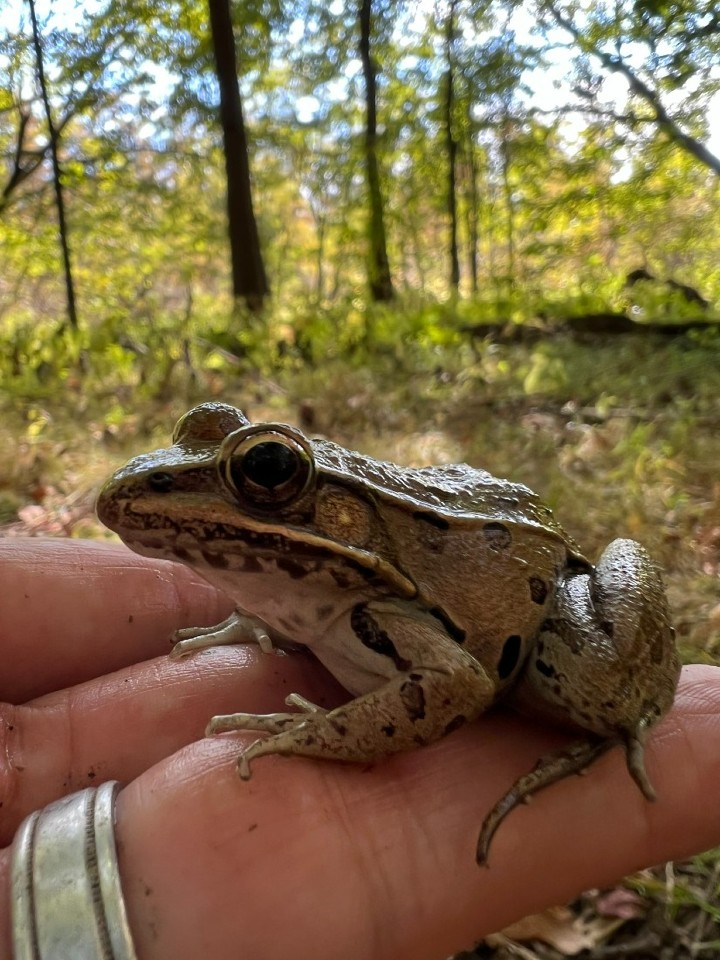
A couple of very healthy Kingsnakes found at the edge of a pond.
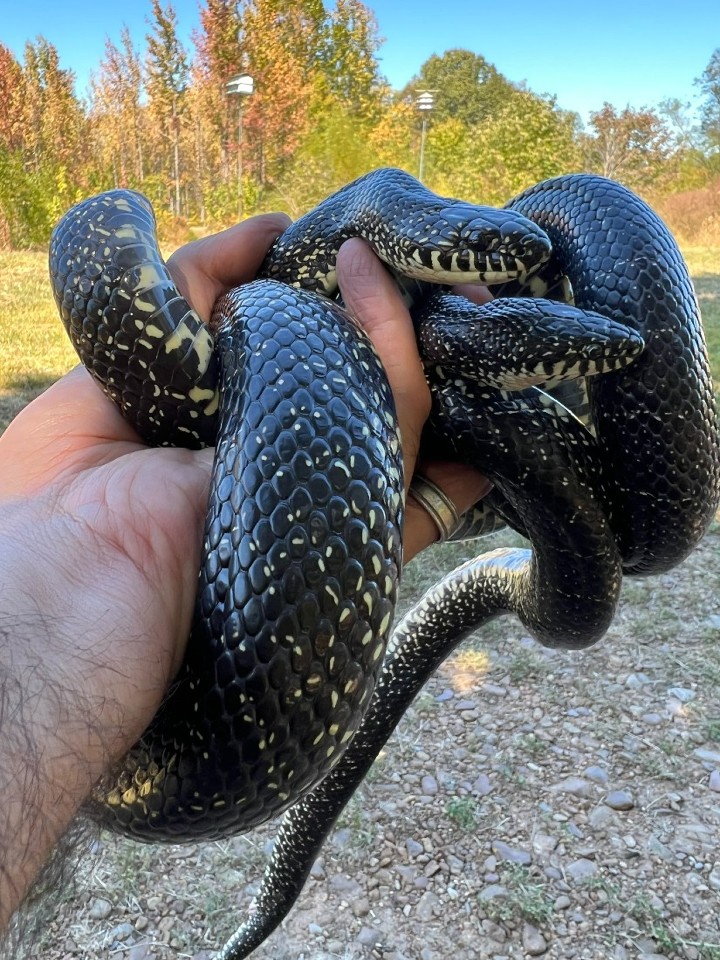
Click here to see Part 2
|